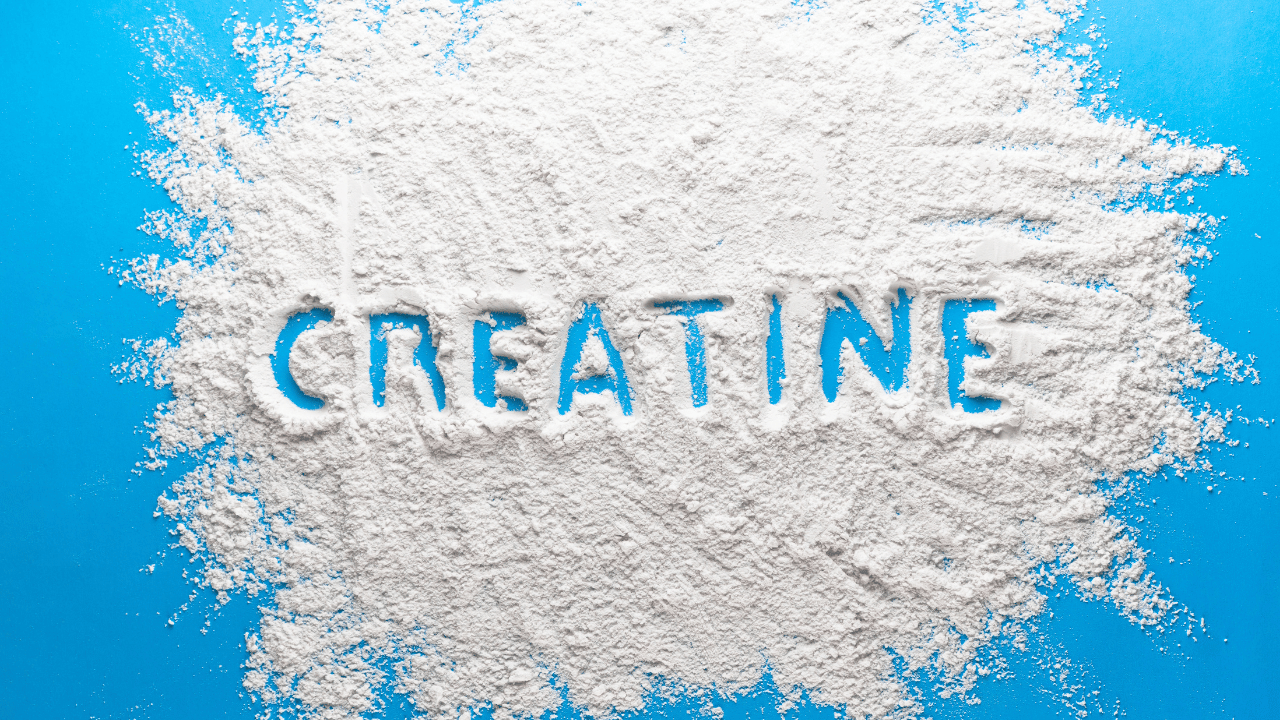Beyond the Hype: The Real Science of Creatine
Aug 28, 2025
Beyond the Hype: The Real Science of Creatine
Creatine is one of the most extensively studied and effective supplements available for improving muscle strength, mental performance, and even supporting long-term health. Yet, despite overwhelming scientific evidence, misconceptions and marketing-driven myths persist. This concise report clarifies the facts about creatine, its benefits, and how to use it responsibly as a foundational wellness tool.
What Is Creatine?
- Not a steroid: Creatine is a naturally occurring compound produced in the liver, pancreas, and kidneys from the amino acids arginine, glycine, and methionine.
- Dietary sources: It is found primarily in red meat and fish. However, most people cannot obtain optimal levels through diet alone unless consuming large quantities of these foods daily.
- Biological role: About 95% of creatine is stored in muscles to provide a rapid energy source for high-intensity activity; the remaining 5% supports cellular energy in the brain and other tissues.
Proven Health Benefits
- Physical Performance: Enhances strength, power, and lean muscle gains in high-intensity, short-duration activities such as weight lifting and sprinting. Improves recovery and increases exercise capacity when training at maximal effort.
- Cognitive Function: Boosts memory, learning, and mental processing speed, especially in sleep-deprived or older adults. May reduce mental fatigue and support emotional resilience.
- Healthy Aging: Helps prevent sarcopenia (age-related muscle loss), supporting mobility and reducing risk of falls and frailty in older adults. May aid bone density and muscular endurance in certain conditions.
- Cardiometabolic Health: May improve glycemic control, lower LDL cholesterol and triglycerides, and reduce liver fat. Supports blood vessel function, potentially reducing cardiovascular risk.
- Clinical Promise: Investigated for benefits in neuromuscular diseases (ALS, muscular dystrophy), multiple sclerosis, cancer care recovery, and supporting antidepressant therapies.
- Expanding Potential: Sleep and Disease Prevention
- Acute Sleep Deprivation: Single high doses of creatine can help maintain cognitive function even after extended wakefulness, acting as an "energy backup" for the brain.
- Cancer Risk Reduction: Population studies suggest higher dietary creatine may correlate with decreased cancer risk, likely due to improved cellular energy stability, reduced oxidative stress, and better immune defense.
Persistent Myths Debunked
- Creatine Causes Bloating?: Creatine increases water content inside muscle cells—not under the skin or in the abdomen—helping with strength and hydration. Many users gain lean mass, not fat or undesirable "bloat."
- Women Need Gender-Specific Creatine?: Women benefit from standard creatine monohydrate just as men do. There's no need for "female" formulations, which often cost more and add unnecessary fillers.
- Creatine Triggers Hair Loss?: Research does not support a link between creatine use and hair loss. The fears originated from a small study linking creatine and DHT (a hormone), but no connection has been seen in trials assessing actual hair loss, and effects on hormones remain unclear or minimal.
Supplement Quality and Choosing the Right Product
- Forms and Effectiveness: Creatine monohydrate is the most studied, effective, safe, and bioavailable form.
- Beware of Gimmicks: Many new forms—especially flavored gummies—may contain little or no creatine, or provide sub-therapeutic doses.
- Third-Party Certification: Look for certifications such as NSF Certified for Sport or Informed Sport to ensure purity and accurate labeling.
Guidelines for Use
- Typical Dosage: 3–5 grams daily is effective for most individuals; some may benefit from up to 10 grams under specific circumstances.
- Timing: May be taken any time of day, with or without food.
- Target groups: Athletes, older adults, vegetarians/vegans (with lower dietary intake), and anyone seeking improved cognitive and physical resilience can benefit.
Conclusion
Creatine is not a secret weapon or a fad supplement—it’s a cornerstone for muscle, brain, and whole-body health, validated by decades of research. Ignore the myths, avoid overpriced or poorly formulated products, and choose creatine monohydrate with third-party certification for safety and effectiveness. Used correctly, creatine is one of the most reliable tools for enhancing strength, cognitive performance, and long-term wellness.
Do you want to learn more about this and other topics? Reach out and let’s chat.
Contact Us
Have questions or need support on your wellness journey? We’re here to help. Reach out with any inquiries about programs, consultations, or resources, and our team will get back to you shortly.
We hate SPAM. We will never sell your information, for any reason.

